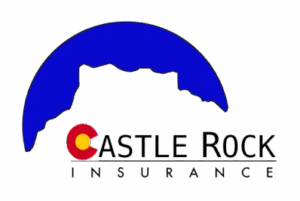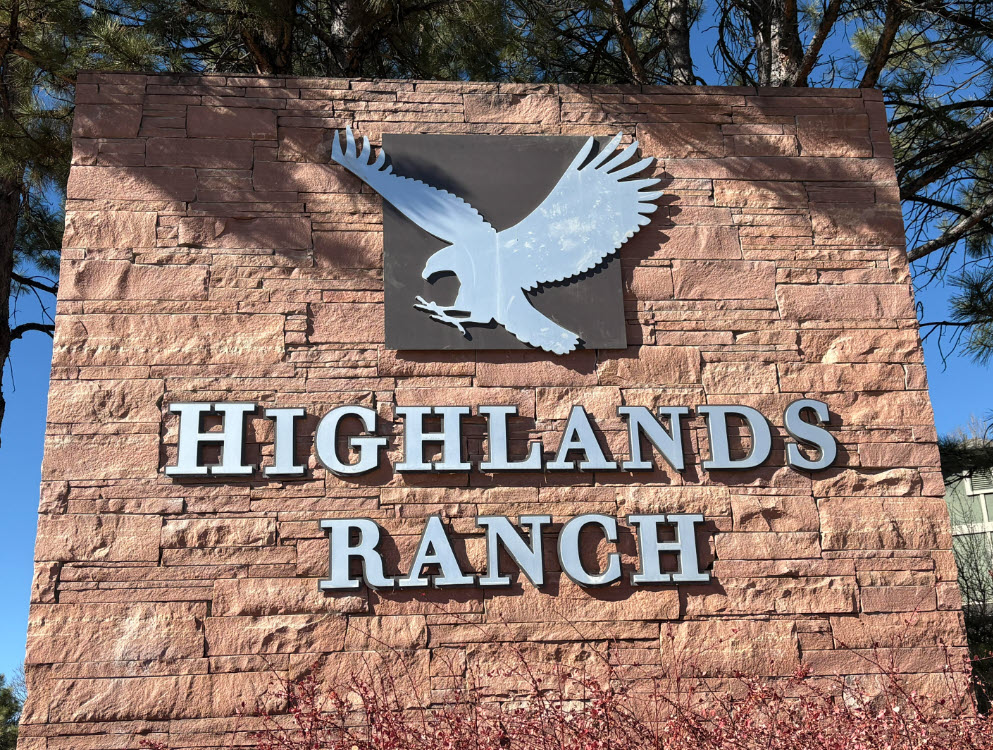In Colorado, commercial truckers face a variety of challenges that require robust insurance coverage to protect against risks like accidents, theft, natural disasters, and more. With Colorado’s diverse terrain, ranging from flat plains to mountainous regions, and unpredictable weather, comprehensive commercial trucking insurance is not only necessary for compliance but also for protecting the livelihoods of those operating in the industry. Whether truckers are navigating icy roads in the winter or dealing with heavy rains and floods in the spring, having the right insurance in place can help mitigate potential financial disasters and keep businesses running smoothly.
Key Insurance Types for Colorado Truckers
- Liability Insurance: This is mandatory for all truckers operating in Colorado. It covers damages or injuries caused to other people or property while the truck is in operation. Liability insurance is required by both state and federal regulations to ensure that truckers can cover any damage or injury they may cause while driving.
- Physical Damage Insurance: Covers repairs or replacement costs if the truck is damaged in an accident, stolen, or affected by natural disasters. This is essential due to the risks posed by unpredictable Colorado weather, such as hailstorms or heavy snow. Additionally, physical damage insurance can cover incidents like vandalism or damage from falling objects, such as branches or debris.
- Cargo Insurance: Protects the goods being transported in case they are damaged or stolen. Colorado truckers often transport valuable items across long distances, making this type of coverage crucial for both independent operators and larger fleets. Whether hauling food, electronics, or other high-value goods, cargo insurance ensures that truckers are covered if anything happens to the load during transit.
- Bobtail Insurance: This coverage protects truckers when they are operating their truck without a trailer, ensuring they are still covered during non-business use. This is particularly important for owner-operators who may need to drive their truck without a load between jobs or when returning home from a delivery.
- Uninsured/Underinsured Motorist Coverage: Covers the trucker if they are involved in an accident with another driver who either doesn’t have insurance or lacks adequate coverage. Given the number of drivers on Colorado’s highways, this is an important safeguard to ensure that truckers are not left financially responsible after an accident caused by an underinsured driver.
- Business Owner Policy (BOP): Combines general liability, property insurance, and business interruption insurance, providing coverage for the broader aspects of running a trucking business. This is ideal for small trucking businesses in Colorado that want to streamline their coverage and ensure that both their vehicles and business operations are protected.
- Commercial Auto Insurance: This type of insurance covers vehicles used for business purposes, ensuring protection for both liability and physical damage. It’s essential for all trucks in your fleet, whether they’re on the road or at your place of business. Commercial auto insurance helps truckers stay compliant with state regulations while protecting their assets from potential damages.
Regulatory Compliance and Minimum Requirements
Truckers in Colorado must comply with both state and federal insurance regulations, including the Federal Motor Carrier Safety Regulations (FMCSRs) Part 387, which sets minimum insurance requirements for property-carrying vehicles. The minimum coverage varies depending on the type of cargo being transported and the distance traveled.
For example, for trucks transporting non-hazardous materials within Colorado, the minimum liability coverage typically starts at $750,000. For those carrying hazardous materials, the minimums can range from $1,000,000 to $5,000,000, depending on the specific substances being hauled. This is due to the increased risks associated with hazardous materials, which pose greater dangers to public health and safety.
These regulations are enforced by the Colorado State Patrol, and non-compliance can lead to fines, suspension of operations, and even loss of licenses. Truckers must ensure they meet these requirements to stay operational and avoid penalties. Regular audits and inspections may also be conducted to ensure that truckers and trucking companies are adhering to the necessary regulations.
Estimated Insurance Costs for Colorado Truckers
Insurance costs for Colorado truckers depend on multiple factors, including the type of cargo being hauled, the value of the truck, the driver’s experience, and the distance traveled. Below are some estimated costs for different scenarios:
- Independent Owner-Operators:
- An independent operator hauling general goods within Colorado might expect to pay between $9,000 and $12,000 annually for full coverage, which includes liability, cargo, and physical damage insurance.
- If the operator hauls high-risk goods, such as electronics or hazardous materials, the premium could rise significantly, possibly reaching $15,000 to $20,000 annually.
- Small Trucking Companies:
- A small company with two trucks hauling goods across state lines could face higher insurance costs due to interstate travel risks. Premiums for such a company could range from $15,000 to $20,000 per truck per year, especially if the cargo includes valuable items. Companies hauling across state borders must also comply with additional federal regulations, which may increase their insurance needs.
- Larger Fleets:
- Well-established companies with a fleet of 10 or more trucks might pay $8,000 to $11,000 per truck per year. These companies often benefit from experienced drivers, better safety records, and volume discounts on insurance. Larger fleets also typically have dedicated risk management practices that help reduce the likelihood of accidents and insurance claims, contributing to lower premiums.
- Hazardous Material Haulers:
- Trucking companies that transport hazardous materials within Colorado may pay premiums as high as $20,000 to $25,000 per truck per year, due to the inherent risks and regulatory requirements tied to this type of cargo. Specialized training for drivers and compliance with federal hazardous materials regulations also contribute to these higher premiums.
- Local Delivery Services:
- Small businesses using light-duty trucks for local deliveries within cities like Denver often have lower insurance costs. These companies may pay between $5,000 and $7,000 annually per truck, covering basic liability and physical damage. Local delivery services may face lower risks compared to long-haul truckers, contributing to these reduced insurance costs.
These estimates provide a general idea of what truckers in Colorado might pay for insurance, but actual costs can vary based on specifics like the truck’s condition, safety record, and the insurance provider’s policies. To get a more accurate quote, it’s recommended to consult with a local expert who understands the unique needs of the Colorado trucking industry.
Why Choose Us for Your Colorado Trucking Insurance?
We have access to over 50 commercial insurance carriers to ensure the best coverage options tailored to your needs. Our deep understanding of the local terrain, weather conditions, and regulatory environment allows us to provide comprehensive protection for all types of trucking operations, from single-owner operators to large fleets. We specialize in securing competitive rates for truckers while ensuring compliance with state and federal regulations.
By working with us, you can expect personalized service, expert advice on the best coverage options, and peace of mind knowing your business is protected from the many risks of trucking in Colorado. Whether you’re just starting as an independent operator or managing a large fleet, we offer the expertise and support you need to keep your business running smoothly and securely.





